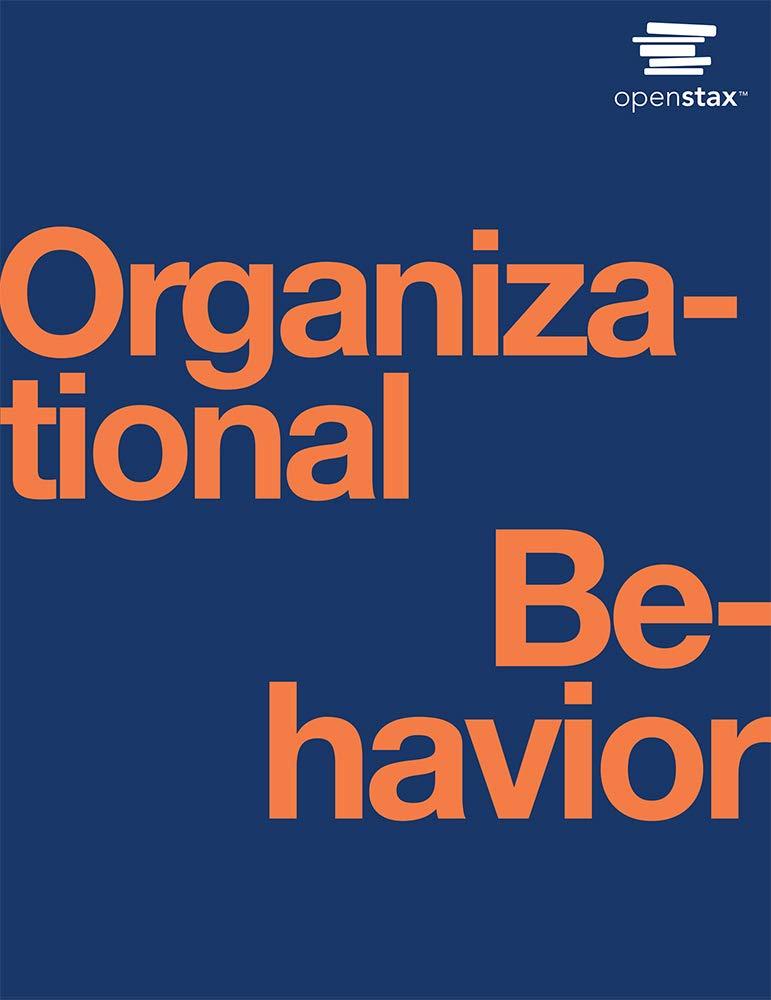There is a saying in Japan that the nail that sticks up gets hammered down. This means
Question:
There is a saying in Japan that “the nail that sticks up gets hammered down.” This means that in corporate Japan employees are supposed to act together and move in unison. Individuality is not encouraged. Although Japanese companies use many techniques to train their employees to work hard and overcome adversity as a group, one rather notable approach that is used by many companies is known as Hell Camp.
The purpose of Hell Camp is to develop employees so they can “concentrate under difficulty.”
Representing something of a blend of Outward Bound and assertiveness training, Hell Camp is designed to toughen employees by putting them through numerous humiliating exercises (e.g., making them shout their company song outside the local train station). If they pass each exercise (for example, if they shout loud enough and with sufficient emotion), they are allowed to remove one of several “badges of shame.” Criteria for removing a badge are left vague, so, in essence, the program uses a variable-ratio reinforcement system. The employee never quite knows when the trainer will say she has succeeded; therefore, the most likely level of performance that will result in the removal of shame badges is that at the higher end of the spectrum of performance. If the employee succeeds during the week-long program in removing all of the badges and shows her sincerity and commitment, she graduates. If not, she must repeat the program.
Far from the trust-building exercises and fun runs of modern corporate retreats, Japan’s executive Hell Camps were run with the discipline and intensity of military basic training. The goal was to whip into shape underperforming middle-management types, as well as give them the assertiveness the Japanese felt they lacked in dealing with Western competitors.
It is estimated that over 50,000 Japanese managers have gone through the program. Companies like it because they see it as a way to keep managers from getting soft. As one executive notes, “Companies have been getting very soft, very weak in their way of demanding excellence.” It is thought that the harassment received during Hell Camp and the reinforcement following satisfactory task accomplishment instill character, and Japanese companies show no sign of losing interest in the program.
1. What are the likely pros and cons of Japan's Hell Camp on manager's emotional well-being?
2. What advantages or disadvantages are created by this strategy concerning dealing with international business, e.g. cultures with different emotional values?
3. What is the possible effect of Hell Camp on employee's affective commitment? emotional intelligence?
Step by Step Answer:






